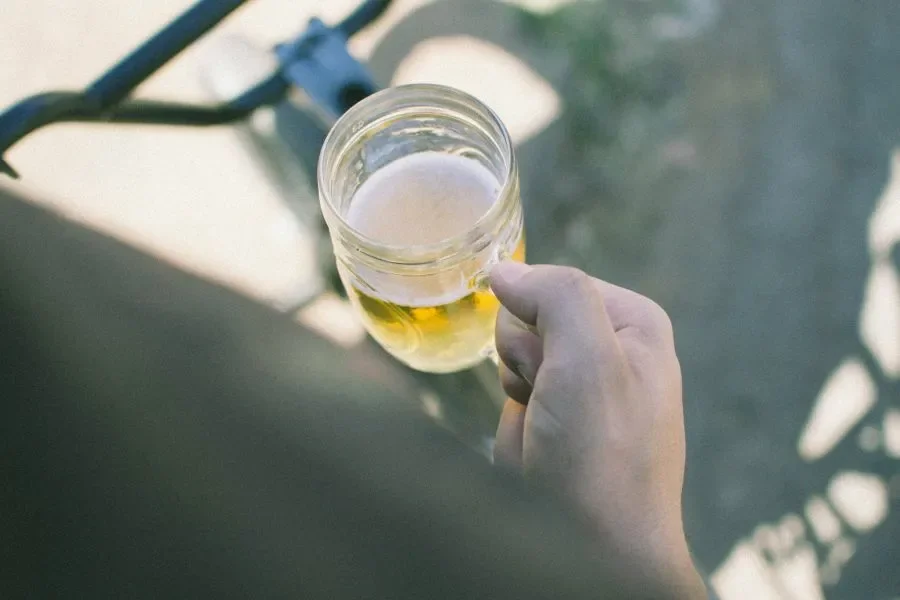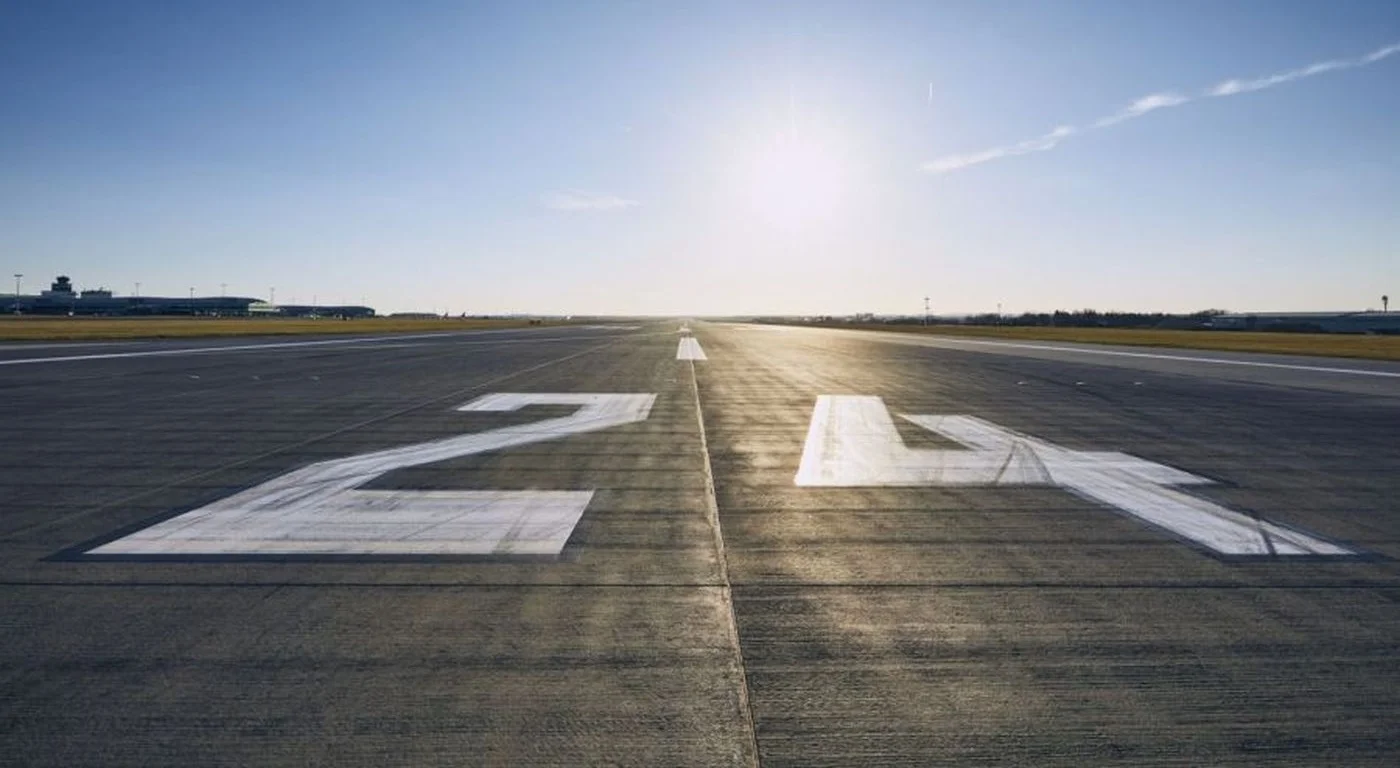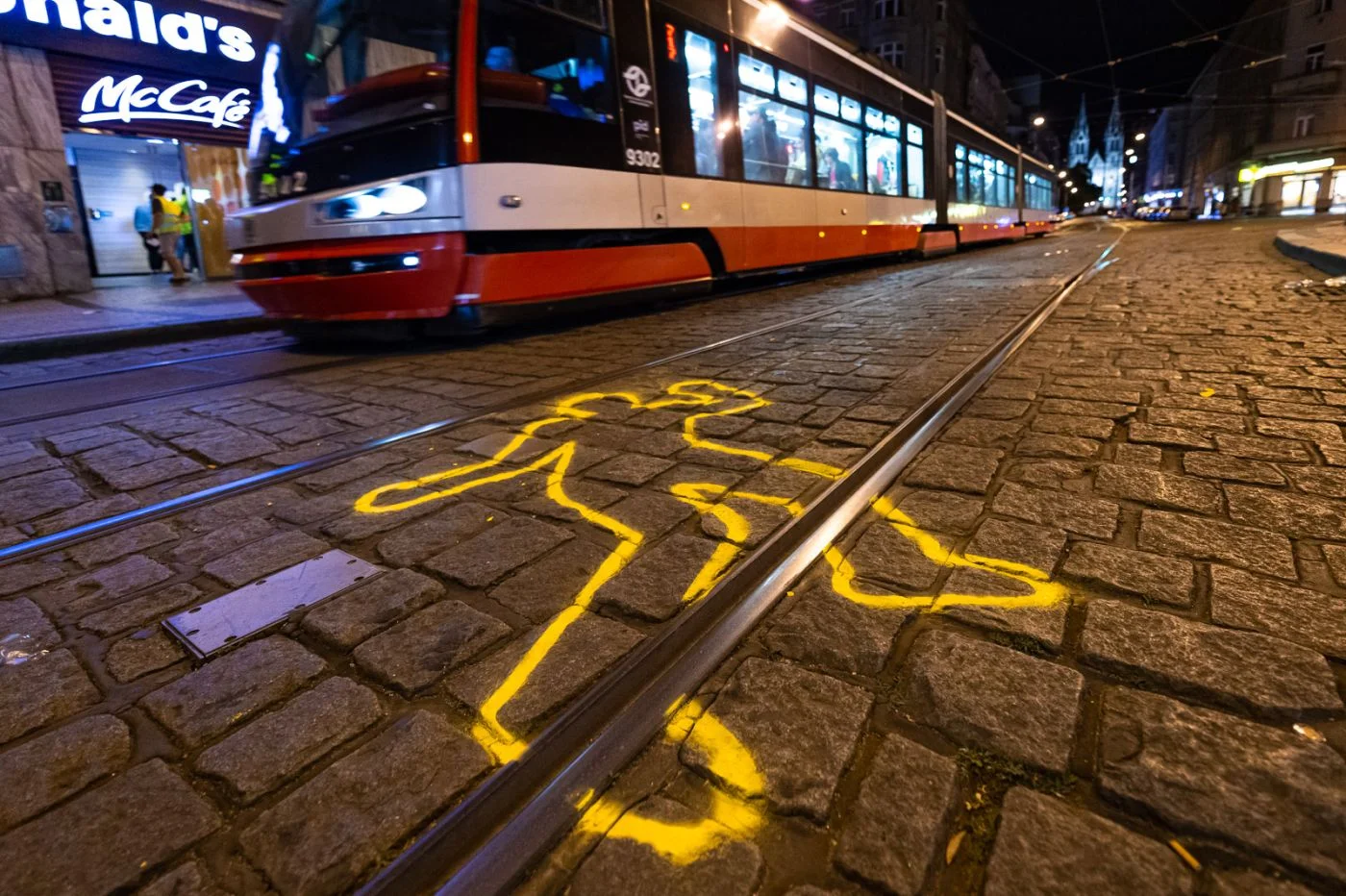
Cycling and Alcohol: A Dangerous Mix on Czech Bike Paths
Many cyclists forget that in the Czech Republic – as in Slovakia – there is a strict zero-tolerance rule regarding alcohol in road traffic
Foto: Fábio Alves | Unsplash
Cycling and beer – for many Czechs, these two simply belong together in summer. But what sounds harmless often has serious consequences: one in four bicycle accidents in the Czech Republic is caused by alcohol.
A sunny day, busy cycle paths and a cold beer in hand – for many Czechs, these things go hand in hand. But what may seem like a carefree summer tradition often ends in hospital. According to statistics, more than a quarter of all bicycle accidents in the Czech Republic are caused by cyclists under the influence of alcohol – and the proportion is even higher among those using e-bikes and e-scooters. Despite the strict zero-alcohol limit in force, many ignore this rule. The result: serious injuries and dozens of fatalities each year.
“Cycling after two or three beers may seem harmless. But according to studies, an intoxicated cyclist has up to 20 times the risk of an accident compared to a drunk driver,” warns Jan Polák from Tým silniční bezpečnosti (Road Safety Team). In 2023 alone, alcohol was a factor in 28 percent of cyclist-caused accidents – rising to 32 percent for e-bikes and a staggering 41 percent for e-scooters. In over half of these cases, those involved had a blood alcohol level above 1.5 per mille – equivalent to around four to five beers.
Cyclists are road users – with all the responsibilities that entails
What many people forget is that cyclists are legally considered vehicle drivers – whether commuting or enjoying a countryside ride. “The same rules apply to them as to motorists,” explains Markéta Novotná from the Road Safety Team.
Unlike in Germany, where cycling is permitted with up to 1.6 per mille, or in Austria with up to 0.8, the Czech Republic – like Slovakia – enforces a strict zero-tolerance policy. “Every tenth of a per mille increases the risk. It’s good that we take this seriously,” says Polák. Penalties have also been tightened: since the beginning of 2024, cyclists who consume alcohol face fines ranging from 7,000 to 25,000 korunas. Those who refuse a breath test risk a fine of up to 75,000 korunas – even if no accident or danger has occurred.
Education instead of accidents
The Na kole jen s přilbou (“Only cycle with a helmet”) project – supported by the police and the Czech Mountain Rescue Service – aims to raise awareness about road safety responsibility. “A beer after the ride? No problem – but please push your bike afterwards. In today’s traffic, it’s irresponsible to cycle under the influence. If you fall while drunk, you endanger not only yourself but others – whether drivers, pedestrians, or children,” warns Polák.
The message is clear: alcohol and cycling simply do not mix. Not after five beers. Not after one.



